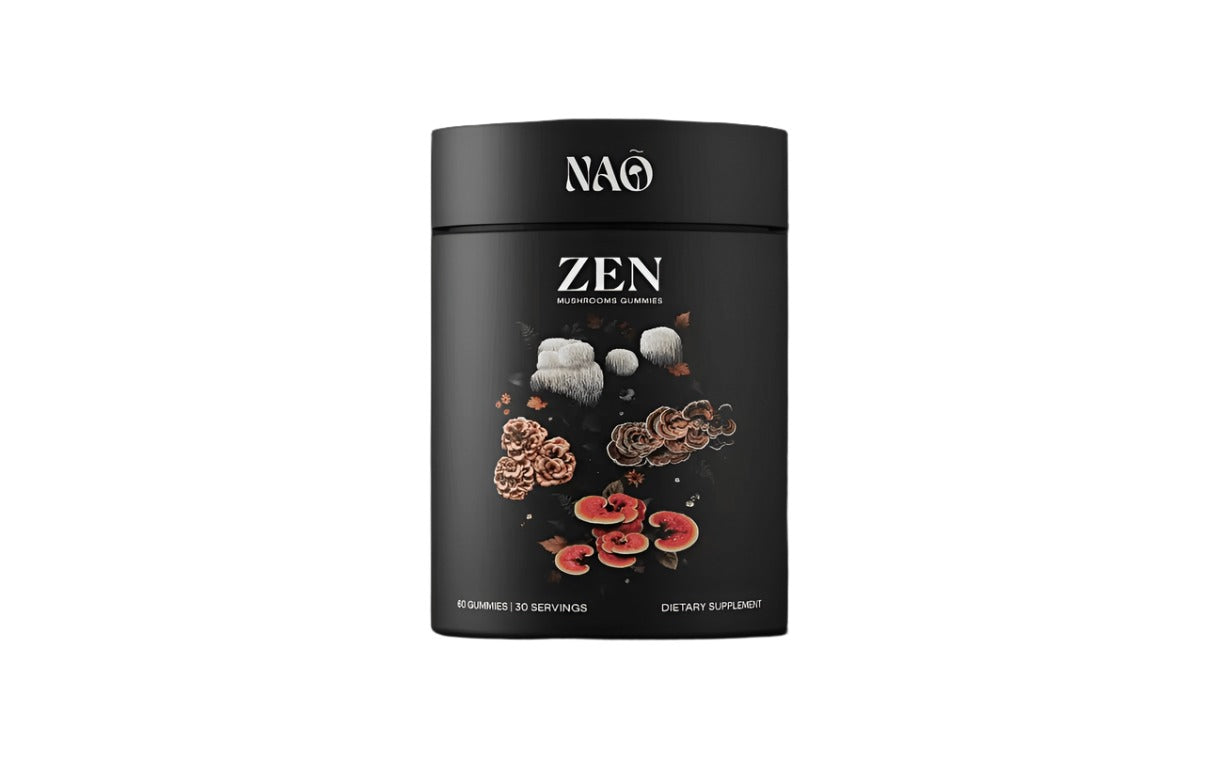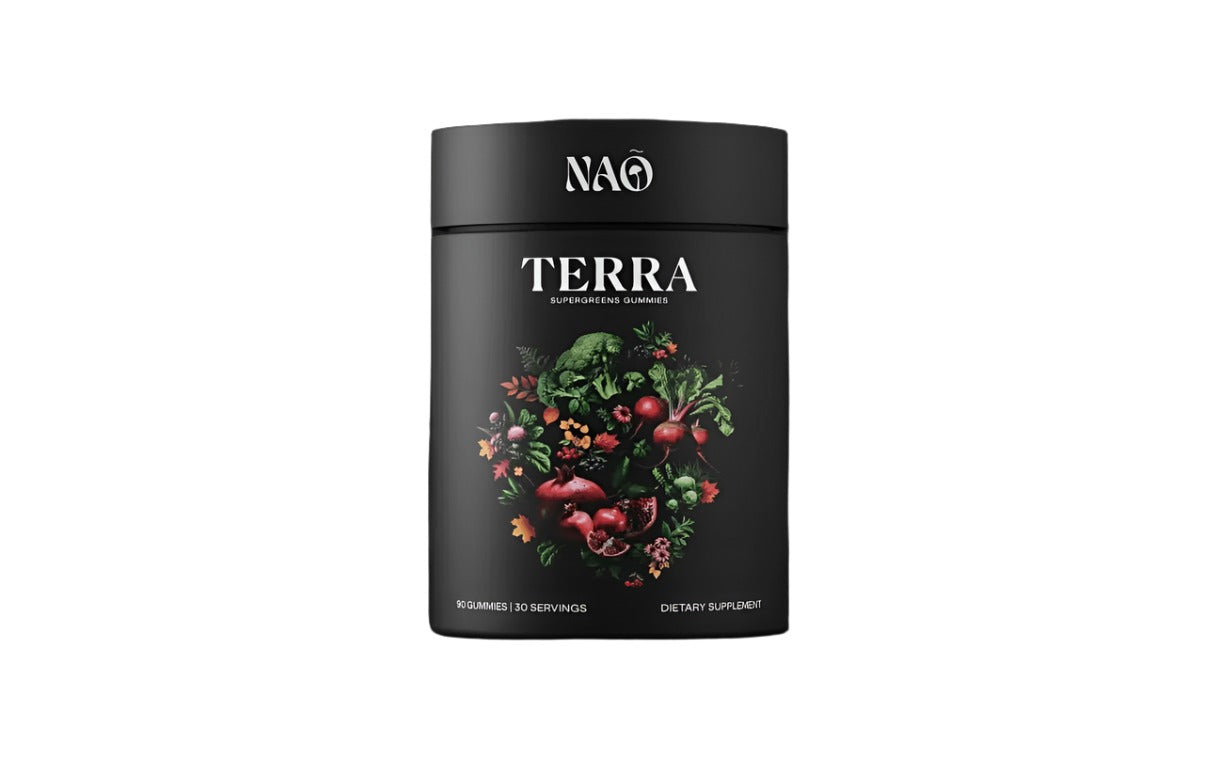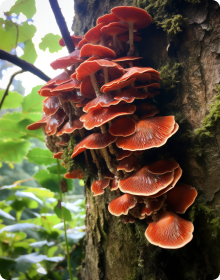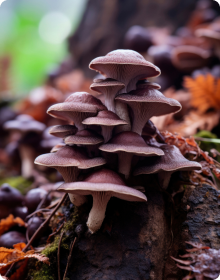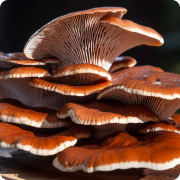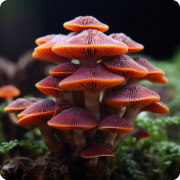Pomegranates, often lauded for their vibrant hue, have etched a storied path throughout history, religious texts, and cultural practices, and today, they stand as a symbol not only of fertility and abundance but also of exquisite flavor and profound health benefits (Bahari, 2024). Ripe with antioxidants and packed with nutrients, few fruits boast a profile as rich as the pomegranate. In this comprehensive guide, we will peel back the layers of the pomegranate and expose its myriad health advantages.
I. Introduction
The pomegranate, native to Iran and Northern India, has roots that can be traced back over 4,000 years. This perennial fruit has been favored for its medicinal properties and is an emblem of wisdom and eternal life in many cultures. In addition to its historical wealth, pomegranates are an intrinsic part of the modern wellness movement, celebrated for their contributions to heart health, anti-inflammatory effects, and more.
II. Unveiling the Pomegranate
Botanical Origin and Characteristics
The botanical name for pomegranate is Punica granatum, which translates to “seeded apple.” The fruit is both an ancient deciduous tree native to the eastern Mediterranean and an ancient fruit. It has glossy, leathery leaves and vivid red-orange flowers that bloom into the distinctive pomegranate fruit.
Varieties and Harvesting
Pomegranate varieties range from the apple-sized Wonderful and the sweet-tart, thin-skinned Granada to the sour and acidic varieties preferred for their juice. Harvesting involves picking the fruit when the color deepens and the rind hardens, often done by hand due to the pomegranate's delicate nature.
III. Nutritional Powerhouse
Essential Nutrients
Pomegranates contain a plethora of essential nutrients, including vitamin C and potassium, which are crucial for maintaining a healthy immune system and fluid balance. Additionally, pomegranates are a good source of vitamin K, which is essential for bone health and blood clotting.
Antioxidants and Unique Compounds
The real power of pomegranates lies in their antioxidant content, particularly the compounds called punicalagins, which have potent health benefits. These antioxidants are thought to be the primary reason why pomegranates have such powerful medicinal properties.
IV. Unveiling the Health Benefits
Cardiovascular Health
Pomegranates are heart-healthy in more ways than one. They have been shown to lower blood pressure, reduce cholesterol levels, balance blood glucose, and protect against arterial plaque, decreasing the risk of heart disease (Sastre et al., 2024).
Antioxidant Power
Pomegranates are among the most antioxidant-rich plants linked to reduced risk of cancer, particularly prostate and breast cancer. These antioxidants can also protect against inflammation and oxidative damage, contributing to aging, metabolic abnormalities, and degenerative diseases (Bahari et al., 2024).
Anti-inflammatory Properties
Inflammation is a natural response that helps the body fight illness, but chronic inflammation can lead to various health problems, including blood sugar disturbances. Pomegranates have been shown to have anti-inflammatory effects, potentially assisting in managing conditions like arthritis and other inflammatory diseases (Farag et al., 2024).
Other Potential Benefits
Pomegranates are also being studied for various antioxidant benefits, including improving memory, supporting erectile function, and even having the potential as a weapon against bacterial and fungal overgrowth.
V. Incorporating Pomegranates into Your Diet
Selecting and Preparing
Choosing a ripe pomegranate is vital. Look for one that feels heavy for its size and has a rich color without any blemishes on the skin. Preparing pomegranates can be messy, but splitting one underwater can reduce the risk of staining.
Diverse Consumption Methods
From adding arils to your salad for a sweet and tangy flavor to the versatility of pomegranate juice as a beverage and cooking ingredient, there are numerous ways to enjoy pomegranates. Pomegranate molasses, a thick, dark syrup made from pomegranate juice, has a place in Middle Eastern cuisine and offers intense flavor.
Creative Recipes
Pomegranates can star in a variety of dishes, from savory to sweet. For your next gathering, consider pomegranate-glazed lamb chops, a refreshing pomegranate salsa, or a delightful pomegranate guacamole. Pomegranate seeds are a colorful and nutritious topping for breakfast bowls or desserts.
VI. Safety Considerations
Side Effects and Interactions
While pomegranates are generally safe to consume, there are some potential side effects to be aware of. Some individuals may experience allergic reactions, and pomegranate juice may interact with certain medications, so it’s best to consult your healthcare provider.
Moderation is Key
As with any food, moderation is key. Pomegranate juice, for example, is delightful and often comes with added sugar, so it should be consumed in sensible amounts. Choosing whole or pure pomegranate juice, with no added sugars or preservatives, is essential whenever possible.
VII. Conclusion
Pomegranates are more than a fruit; they are a gift of nature teeming with health benefits. From their antioxidant might to their versatility in the kitchen, pomegranates can enhance your well-being in numerous ways. By cautiously incorporating this superfruit into your diet and consulting with a health professional when needed, you can savor the goodness of pomegranates and enjoy a flavorful pathway to wellness (Bahari et al., 2024; Farag et al., 2024; Sastre et al., 2024).
References
Bahari, H., Ashtary-Larky, D., Goudarzi, K., Mirmohammadali, S. N., Asbaghi, O., Naderian, M., & Hosseini, A. (2024). The effects of pomegranate consumption on glycemic indices in adults: A systematic review and meta-analysis. Diabetes & Metabolic Syndrome: Clinical Research & Reviews, 102940.
Farag, S., Tsang, C., Al-Dujaili, E. A., & Murphy, P. N. (2024). Effect of Polyphenol Supplementation on Memory Functioning in Overweight and Obese Adults: A Systematic Review and Meta-Analysis. Nutrients, 16(4), 474.
Sastre, M., Cimbalo, A., Mañes, J., & Manyes, L. (2024). Gut Microbiota and Nutrition: Strategies for the Prevention and Treatment of Type 2 Diabetes. Journal of Medicinal Food, 27(2), 97-109.
